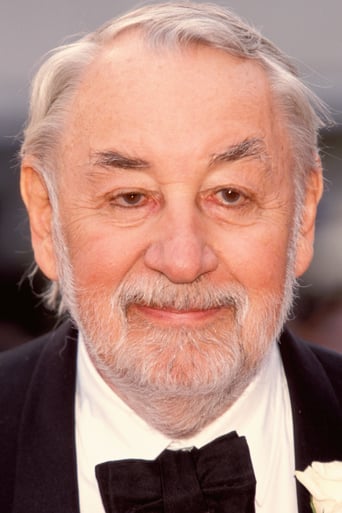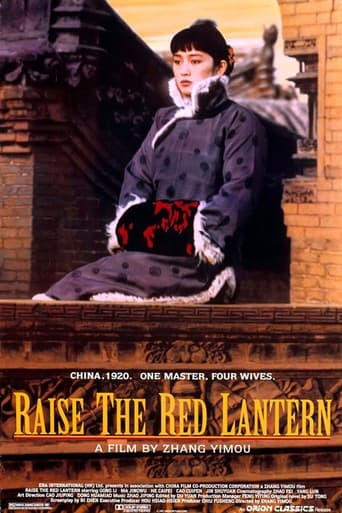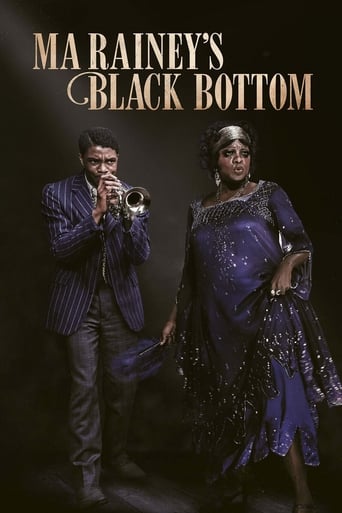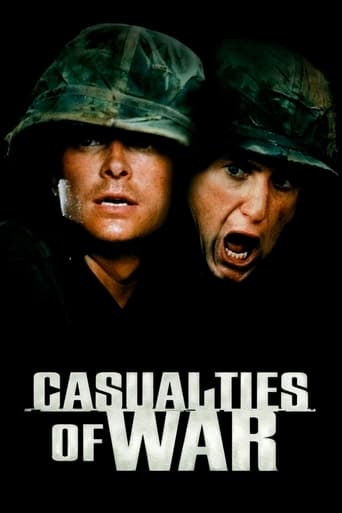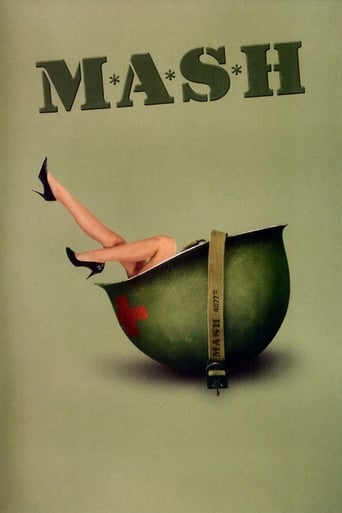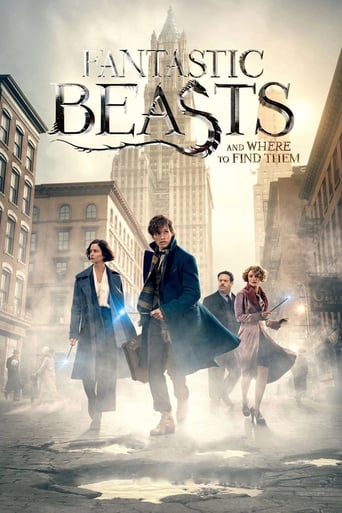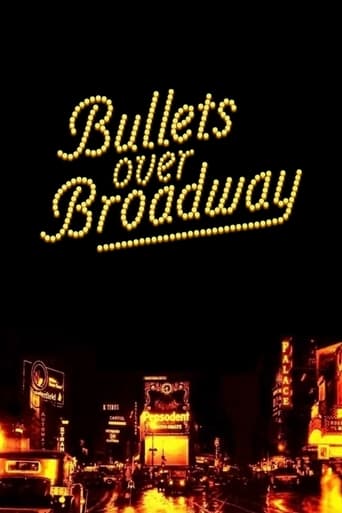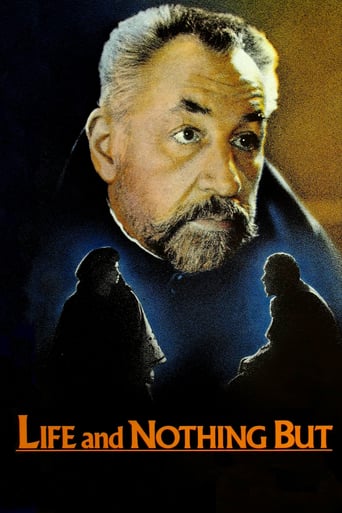
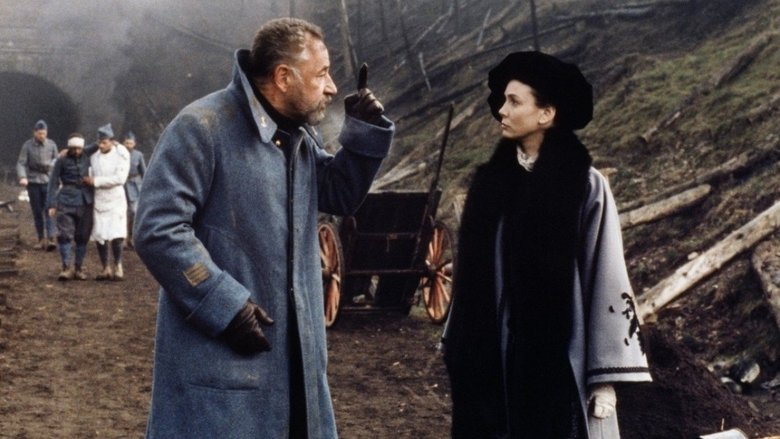
Life and Nothing But (1989)
January, 1920. 350,000 French soldiers remain missing in action. Major Dellaplane tirelessly matches the dead and the wounded with families' descriptions. Honor and ethics drive him; he hates the idea of "the unknown soldier." Into his sector, looking for her husband, comes a haughty, politically connected Parisian, Madame Irène de Courtil. Brusquely, Dellaplane offers her 1/350,000th of his time, but as their paths cross and she sees his courage and resolve, feelings change. After he finds a surprising connection between her missing husband and a local teacher, Irène makes Dellaplane an offer. This man of action hesitates: has he missed his only chance?
Watch Trailer
Cast
Similar titles

Reviews
I don't have all the words right now but this film is a work of art.
Crappy film
Tells a fascinating and unsettling true story, and does so well, without pretending to have all the answers.
The first must-see film of the year.
When I saw this movie at the Montreal Film Festival, I was impressed by this contemplative movie. Like any contemplation, it sees everything about human nature and subtly refers to it. No flash, no gadgets, no lectures, just the plain vision of things as they are. He just lets you to be the judge of things. Then, I became a great fan of Tavernier's movies. This movie occupied my mind for ever after and never left me. This movie also confirmed how useless and dreadful this war was, and maybe how ridiculous most wars are. Perhaps my favourite movie ever. Anyway, a must see.This movie has a sequel called Captain Conan which also shows Tavernier's prowess in making art and intelligent cinema where a lot of characters are involved and seem so natural.
Philippe Noiret plays a military bureaucrat who is meticulously trying to catalogue the casualties of WWI. He and two women cross paths during the excavation of a train that was buried in a tunnel by German explosives. This would make for a great existential movie, but it's all talk talk talk. The dialogue is endless, and, with the long running time, the whole picture seems that way, too. The film would be much more powerful if it demonstrated its themes more visually. Instead, the emotions come off as somewhat flatter than they deserve to be. The production is also poor; it feels like it was made for television. And the musical score is so weak it takes the film down a peg itself. It's still worth watching, but I think it really could have been a lot better.
It is the end of the first World War, in France. Major Delaplane (Noiret) is ferociously determined to insure no dead soldier remains anonymous, despite the pressure from military and political authorities to keep them buried as a "lot".He keeps scrupulous count of each and every "casualty" he finds, treating each dead man with the absolute and final equality attained in death: he refuses to put any extra effort in tracing a rich one faster than a poor one.When he meets a grieved, upper-class widow looking for her dead husband, this man and this woman's worlds are shaken. From their distant positions, they start a slow and respectful journey towards each other, and the power of life over destruction will prevail.As always with Bertrand Tavernier, the personal story of the characters is tightly woven into the political issues of the times, as it is for all of us, whether we realize and like it or not.This is a film that celebrates the power of the individual within society, not outside of it. It is good for the soul in these times of fatalism, cynicism and loss of hope in man's good will.If you like this film, do not miss Tavernier's other films, they are all excellent.
I take issue with some of the negative reviews regarding the storyline. It works. The superb acting of Noiret is better than usual and he's great when he's merely being ordinary. This is a powerful film about the nihilism following the end of la grande guerre. The character of Noiret, a man torn by complex emotional conditions identifying the unidentified, finds himself torn between his own moral code, his emerging love for a widow looking for her dead husband, his repulsion at the profiteering capitalism of industrialists and his secret knowledge of the dead man's bigamy. The intensity of Gallic emotions are often misunderstood by us Americans (too much English influence for my tastes, je suppose) but this is an excellent film with all the necessary elements for a classic. See it. Decide for yourself!
